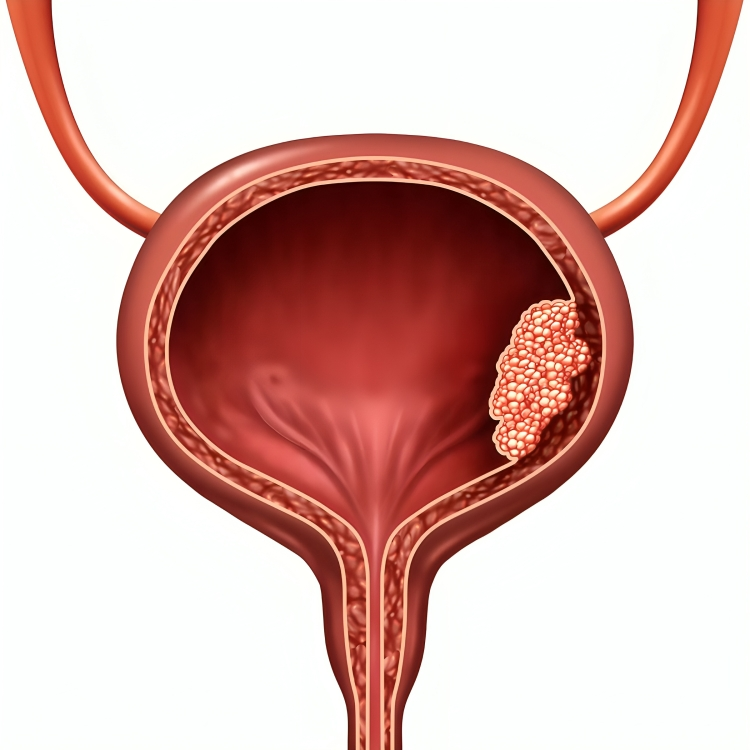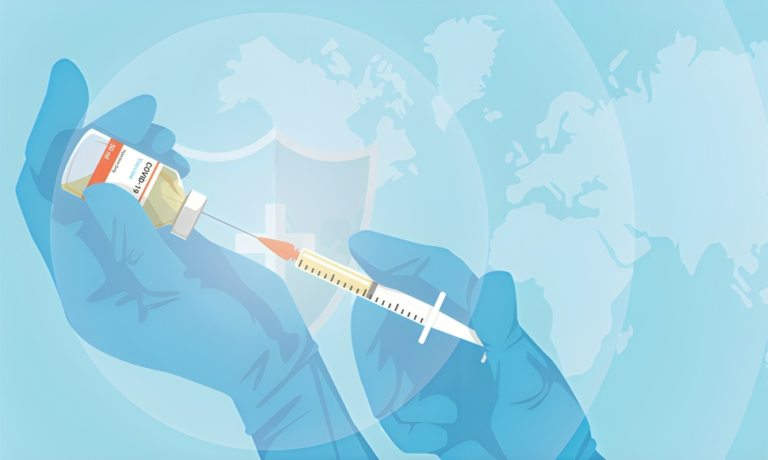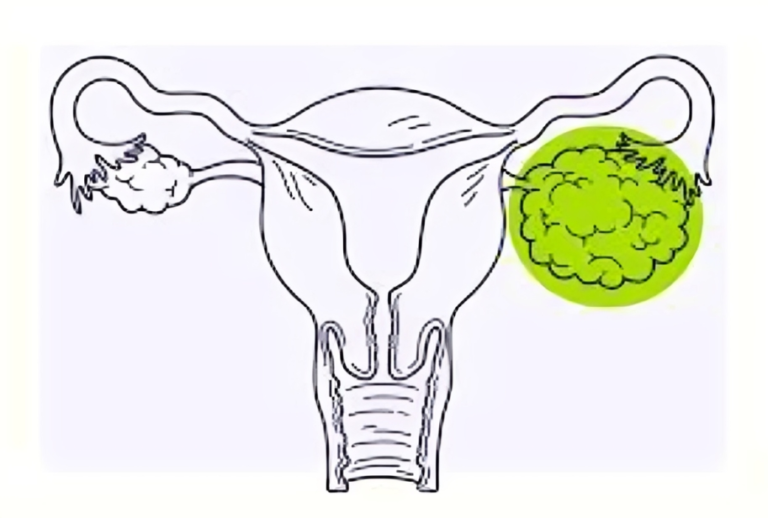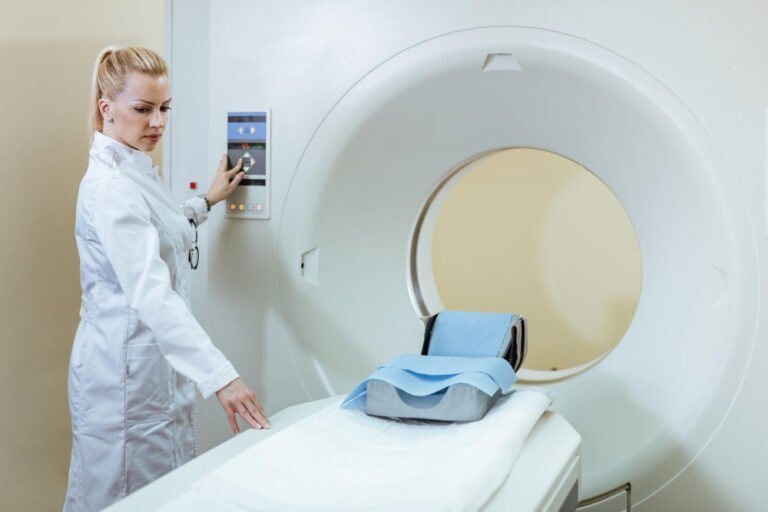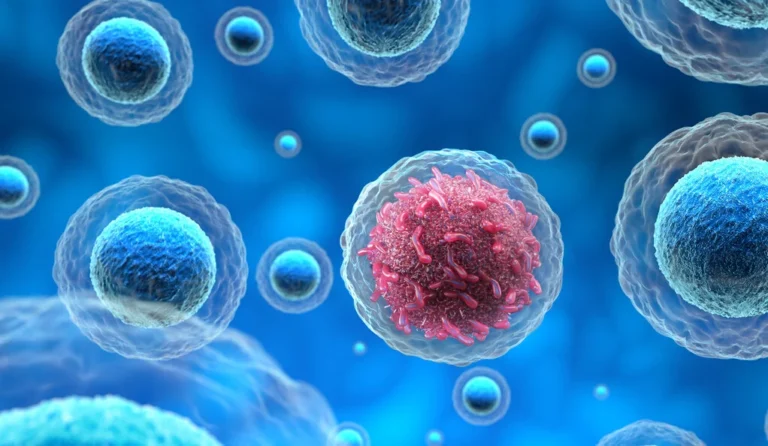Navigating Breast Cancer: Understanding, Awareness, and Empowerment.
Breast cancer is a formidable adversary that affects millions of individuals worldwide, transcending age, gender, and socioeconomic boundaries. While the journey through breast cancer may be challenging, advancements in research, awareness, and early detection have significantly improved outcomes. In this article, we will delve into the essential aspects of breast cancer, including risk factors, early detection, treatment options, and the importance of ongoing awareness and support.
To Know More About It Please Click Here
Understanding Breast Cancer
- Risk Factors:
- While the exact causes of breast cancer are not fully understood, certain risk factors increase the likelihood of its development. These factors include age, family history, genetic mutations (such as BRCA1 and BRCA2), hormonal influences, and lifestyle choices like diet and physical activity.
- Early Detection:
- Early detection plays a pivotal role in successful breast cancer outcomes. Regular self-examinations, clinical breast exams, and mammograms are crucial tools for identifying abnormalities in the breast tissue at an early stage when treatment is most effective.
- Types of Breast Cancer:
- Breast cancer is a diverse disease with various types, including ductal carcinoma in situ (DCIS), invasive ductal carcinoma (IDC), invasive lobular carcinoma (ILC), and triple-negative breast cancer, among others. Each type requires a tailored approach to diagnosis and treatment.
Awareness and Education
- Breast Cancer Awareness Month:
- October is recognized globally as Breast Cancer Awareness Month, dedicated to raising awareness, fostering education, and encouraging early detection. Events, campaigns, and fundraisers during this month aim to support research and provide resources for those affected by breast cancer.
- Self-Examination and Regular Screenings:
- Empowering individuals with knowledge about breast health is crucial. Regular self-examinations and adherence to recommended screening guidelines, including mammograms, enable early detection and increase the chances of successful treatment.
Treatment Options
- Surgery:
- Surgical interventions, such as lumpectomy or mastectomy, may be recommended depending on the type and stage of breast cancer. Advances in surgical techniques aim to preserve as much healthy tissue as possible while effectively treating the cancer.
- Radiation Therapy:
- Radiation therapy utilizes high-energy rays to target and destroy cancer cells. It is often employed post-surgery to eliminate any remaining cancer cells and reduce the risk of recurrence.
- Chemotherapy and Targeted Therapies:
- Chemotherapy involves the use of drugs to kill or slow the growth of cancer cells. Targeted therapies focus on specific molecules involved in cancer growth and progression, offering more precise and less toxic treatment options.
- Hormone Therapy:
- Hormone receptor-positive breast cancers may be treated with hormone therapy. This approach targets hormones like estrogen and progesterone, which can fuel the growth of certain types of breast cancer.
Ongoing Support and Advocacy
- Support Networks:
- Emotional and practical support is crucial for individuals navigating the complexities of breast cancer. Support networks, including friends, family, support groups, and online communities, provide comfort, understanding, and valuable insights.
- Advocacy and Research:
- Ongoing advocacy efforts aim to raise funds for breast cancer research, driving innovations in treatment, early detection methods, and support services. Participating in advocacy initiatives contributes to a collective effort to eradicate breast cancer.
To Know More About It Please Click Here
Conclusion: Breast cancer is a multifaceted challenge that requires a comprehensive and collaborative approach. Through understanding risk factors, embracing early detection practices, and staying informed about treatment options, individuals can take charge of their breast health. The ongoing efforts in awareness, research, and support networks are instrumental in improving outcomes, providing hope, and working towards a future where breast cancer is no longer a life-altering diagnosis.


